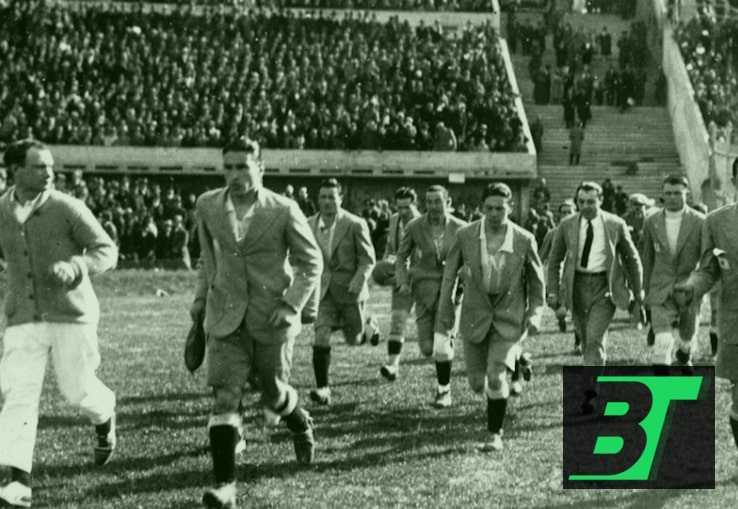
Explore the origins and historical significance of the FIFA World Cup, the world's premier football tournament that has captured the hearts of millions around the globe.
The concept of the FIFA World Cup emerged against a backdrop of growing international football popularity in the early 20th century. The Olympic Games initially provided a platform for international football competition, but limitations on professional player participation spurred the need for a dedicated global tournament. Jules Rimet, the visionary FIFA president from France, propelled this idea forward, conceptualizing a tournament that would bring together the world's best football teams to compete for global supremacy.
Jules Rimet's unwavering commitment and diplomatic skill were pivotal in overcoming the logistical, political, and financial challenges of organizing such a tournament. His advocacy for the sport's unifying potential culminated in FIFA's decision, in 1928, to stage its own international championship. Rimet's vision was to create not just a football tournament, but a celebration of international friendship and understanding through sports.
The first FIFA World Cup kicked off in 1930 in Montevideo, Uruguay, coinciding with the centennial celebrations of Uruguayan independence. Uruguay, the reigning Olympic champions and a football powerhouse at the time, were chosen as hosts in a bid to showcase football's rising popularity in South America. The tournament featured 13 teams, including four from Europe, who embarked on arduous ocean voyages to participate. Uruguay emerged victorious, defeating Argentina in the final and thus marking the beginning of the World Cup legacy.
The World Cup's early years were marked by geopolitical tensions and the logistical complexities of international travel. The 1934 tournament in Italy saw the World Cup's first expansion, with 16 teams participating. However, the outbreak of World War II led to the cancellation of the 1942 and 1946 tournaments, casting uncertainty over the competition's future.
Post-World War II, the World Cup experienced a resurgence, symbolizing a new era of hope and international cooperation. The 1950 tournament in Brazil saw the competition return with renewed vigor. This period also marked the beginning of the World Cup's transformation into a truly global spectacle, with increased participation from nations across various continents.
Advancements in broadcasting and media in the latter half of the 20th century dramatically increased the World Cup's reach and impact. The introduction of television broadcasts brought the tournament into homes worldwide, amplifying its popularity and turning it into a global cultural phenomenon. Innovations like color broadcasting, satellite transmissions, and digital technology further enhanced the viewing experience, making the World Cup a highly anticipated event across the globe.
Each World Cup tournament has been a canvas for footballing legends to etch their mark in history. From Pelé's emergence in 1958 to Maradona's 'Hand of God' in 1986, and Zinedine Zidane's headbutt in 2006, the World Cup has been a stage for moments of brilliance, controversy, and emotional drama, contributing to the rich tapestry of the sport's history.
As the World Cup continues to evolve, it embraces new changes, including expansion to a 48-team format, reflecting FIFA's commitment to global inclusivity. Technological advancements in broadcasting and on-field officiating, like VAR, continue to shape the tournament's future, ensuring its relevance and appeal to new generations of football fans.
The FIFA World Cup's journey from a visionary concept to the pinnacle of international football mirrors the evolution of the sport itself. It remains not just a tournament, but a celebration of global unity, cultural diversity, and the unrelenting spirit of football.